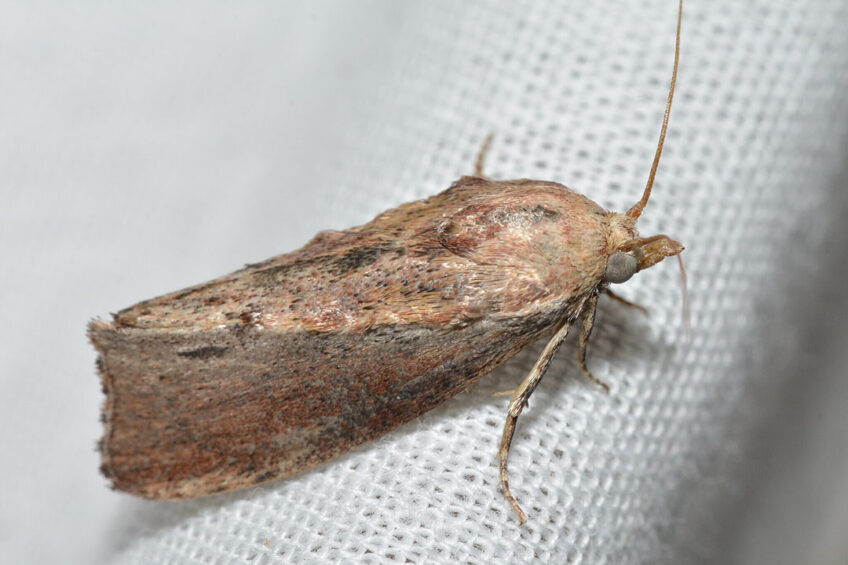Treatment paves way to tackle E. Coli resistant to antibiotics

Researchers believe they have found an innovative treatment that will help reduce antimicrobial resistance in treating a deadly E. Coli infection in poultry.
The study, led by the University of Surrey, looked at the effectiveness of a novel metal-derived complex in treating Avian Pathogenic Escherichia coli (APEC), which is becoming ever-more resistant to antibiotics.
Researchers worked with the Greater Wax moth larvae to test the effectiveness of the metal complex, manganese carbonyl. Split into 2 groups, the first received the manganese carbonyl, while the second, the controls, received either a phosphate-buffered saline (PBS) or dimethyl sulfoxide (DMSO).
After 4 days, the survival rate of the larvae which received manganese carbonyl was between 56-75%, while the control group rates were much lower at 25-45% for PBS and 19-45% for DMSO, demonstrating the protective effectiveness of the complex.
The test was then repeated in poultry infected with APEC, who again received either manganese carbonyl or PBS. Bacterial shedding identified in the faeces of the chickens were significantly lower 24-hours post treatment in the manganese carbonyl compared to the PBS control group, indicating bacterial killing induced by the compound.
“…the threat of another [pandemic] is looking more likely as antibiotics to treat simple bacterial infections are no longer working.”
This was supported by caecal samples taken 3 days post treatment, which again found significantly fewer bacteria in those that received manganese carbonyl. Examination of tissue samples from the livers of the birds indicated no toxic effects from the metal compound, which was observed in the larvae.
With a growing body of scientific evidence indicating that the APEC could be zoonotic and potentially spread to humans, Professor of Veterinary Microbiology and Pathology at the University of Surrey, Roberto La Ragione, welcomed the results: “Antimicrobial is one of the biggest threats in human and animal health. Not being able to use antibiotics to treat an infection not only prolongs an illness and associated welfare issues, but also increases the likelihood of it spreading.
“Coronavirus demonstrated how easily a pandemic can happen, and the threat of another is looking more likely as antibiotics to treat simple bacterial infections are no longer working.”
Alternatives to antibiotics is vital
Dr John Betts, a Research Fellow at the University of Surrey School of Veterinary Medicine, added: “The development of alternatives to antibiotics is vital to safeguard our future health. Metal complexes such as manganese carbonyl could do this, as we have shown not only are they effective, but they are much cheaper to produce than traditional antibiotics.
“Discovering the effectiveness of manganese carbonyl in treating APEC is a monumental step forward in tackling antimicrobial resistance as it shows we don’t necessarily need more antibiotics; we just need to think more innovatively in developing treatments.”
The study was published in the journal Veterinary Microbiology and the research team included scientists from the Animal and Plant Health Agency, the University of Connecticut, the University of Sheffield and the University of Wurzburg.
Join 31,000+ subscribers
Subscribe to our newsletter to stay updated about all the need-to-know content in the poultry sector, three times a week. Beheer
Beheer











 WP Admin
WP Admin  Bewerk bericht
Bewerk bericht